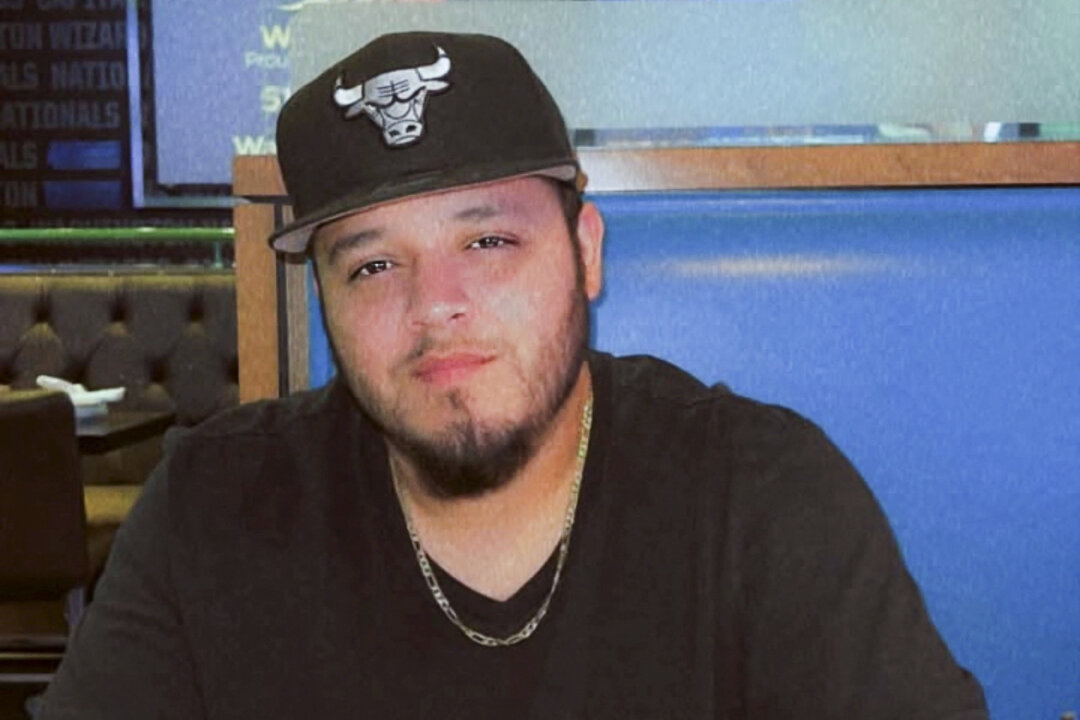The administration cited El Salvadoran President Nayib Bukele’s remarks at the White House on April 14, which ruled out the man’s return.
The Trump administration told a federal judge on Monday that it does not have the power to bring back Kilmar Abrego Garcia, the illegal immigrant who was wrongfully deported to his home country of El Salvador, as he is already in the custody of a foreign nation.
In a court filing with the U.S. District Court in Maryland, Joseph Mazzara, acting general counsel at the Department of Homeland Security (DHS), said the department has taken steps to remove “domestic obstacles” but that it “does not have authority to forcibly extract an alien from the domestic custody of a foreign sovereign nation.”
Mazzara cited El Salvadoran President Nayib Bukele’s remarks at the White House on April 14, when he was asked about whether his government would return Abrego Garcia to the United States.
“I hope you’re not suggesting that I smuggle a terrorist into the United States,” Bukele told reporters, as noted in the court filing. “How can I smuggle a terrorist into the United States? Of course I’m not going to do it. The question is preposterous.”
Bukele was at the White House for a meeting with President Donald Trump. Their discussion was focused on economic and national security collaboration regarding migration policies.
Trump administration officials have said that it would be up to El Salvador to hand over their national, Abrego Garcia, to U.S. officials after a Supreme Court ruling directed the U.S. government to facilitate his return.
“That’s up to El Salvador if they want to return him,” Attorney General Pam Bondi said during the White House meeting. “That’s not up to us.”
The Epoch Times has contacted Abrego Garcia’s attorney for comment and did not receive a response by publication time.
Abrego Garcia, a native of El Salvador, was arrested in the United States and deported to El Salvador in March because of what U.S. authorities described as his “prominent role” in the MS-13 gang—a U.S.-designated foreign terrorist organization.
An immigration judge had previously determined that there was strong evidence the man was a member of MS-13, but a different judge later issued a withholding of removal, preventing the deportation of Abrego Garcia over concerns that he would not be safe in El Salvador due to inter-gang violence.
U.S. officials said in previous filings that Abrego Garcia was deported to El Salvador in an administrative error.
Lawyers for Abrego Garcia have accused officials of being recalcitrant and recently urged the judge to order the government to take “all available steps to release and return Abrego Garcia to Maryland.”
That includes requesting the release of Abrego Garcia from El Salvador, providing air transportation for him, and dispatching personnel to accompany him upon his release to make sure that he can safely reach the aircraft that would fly him back to the United States, the lawyers said.
Government lawyers argued in an April 13 filing that “federal courts have no authority to direct the Executive Branch to conduct foreign relations in a particular way, or engage with a foreign sovereign in a given manner.”
The Trump administration has deported hundreds of illegal immigrants accused of involvement in criminal gangs after Trump signed a proclamation on March 15 invoking the Alien Enemies Act, which allows noncitizens to be deported without legal process during wartime, invasion, or “predatory incursion” against the United States.
El Salvador had agreed in March to hold about 300 alleged members of Venezuela’s Tren de Aragua gang and two alleged members of the MS-13 gang in its mega-prison for a year in exchange for agreed payments.
Trump’s deportation efforts have faced legal pushback. After the Supreme Court vacated a Washington court’s order for the administration to turn around planes carrying nearly 300 alleged gang members already en route to El Salvador due to jurisdictional issues, three new judges in Colorado, New York, and Texas ruled to limit the administration’s use of the Alien Enemies Act in their states.
Zachary Stieber contributed to this report.

